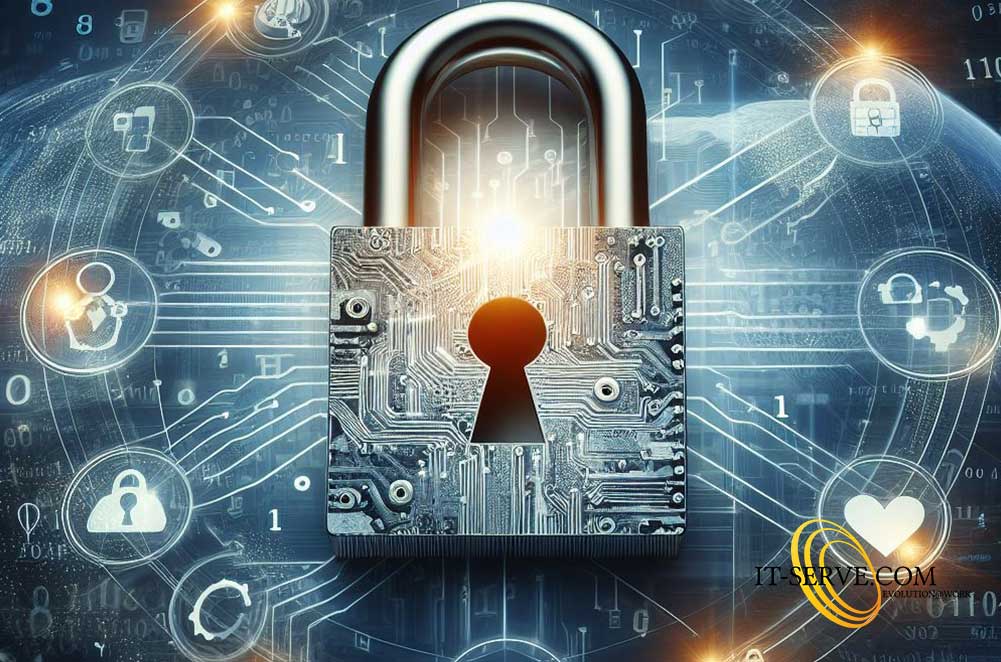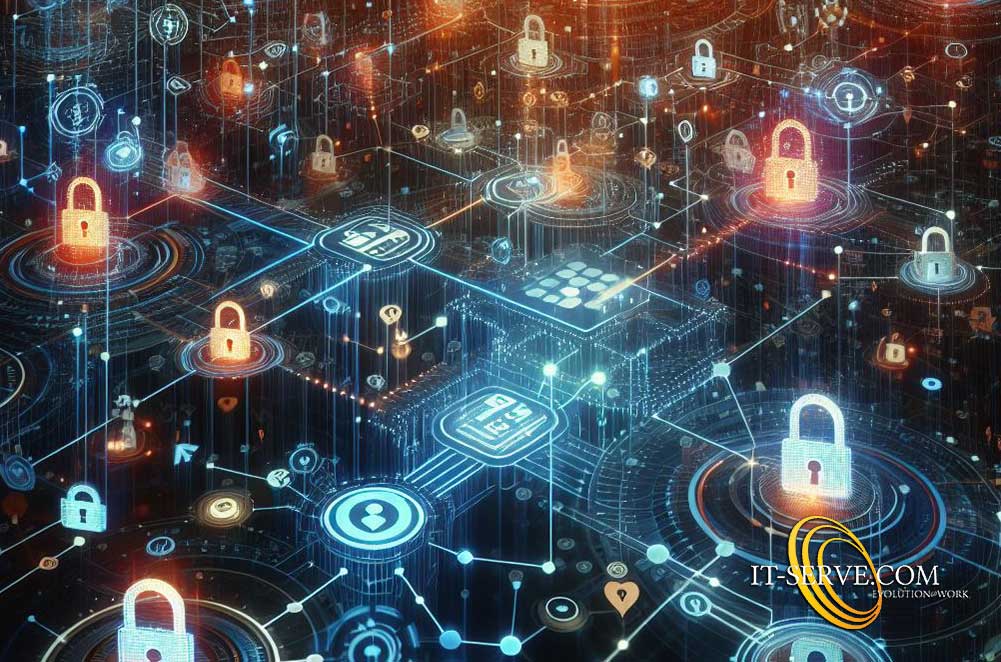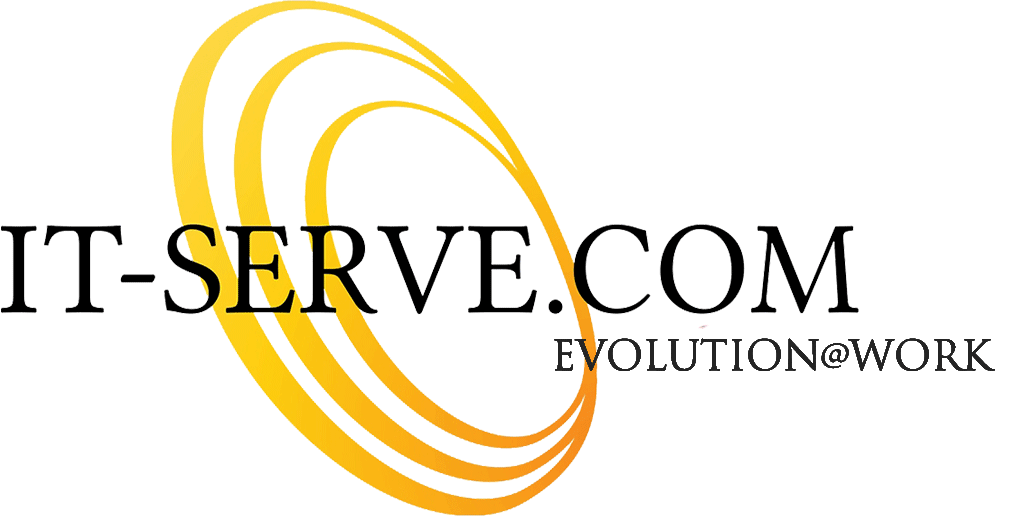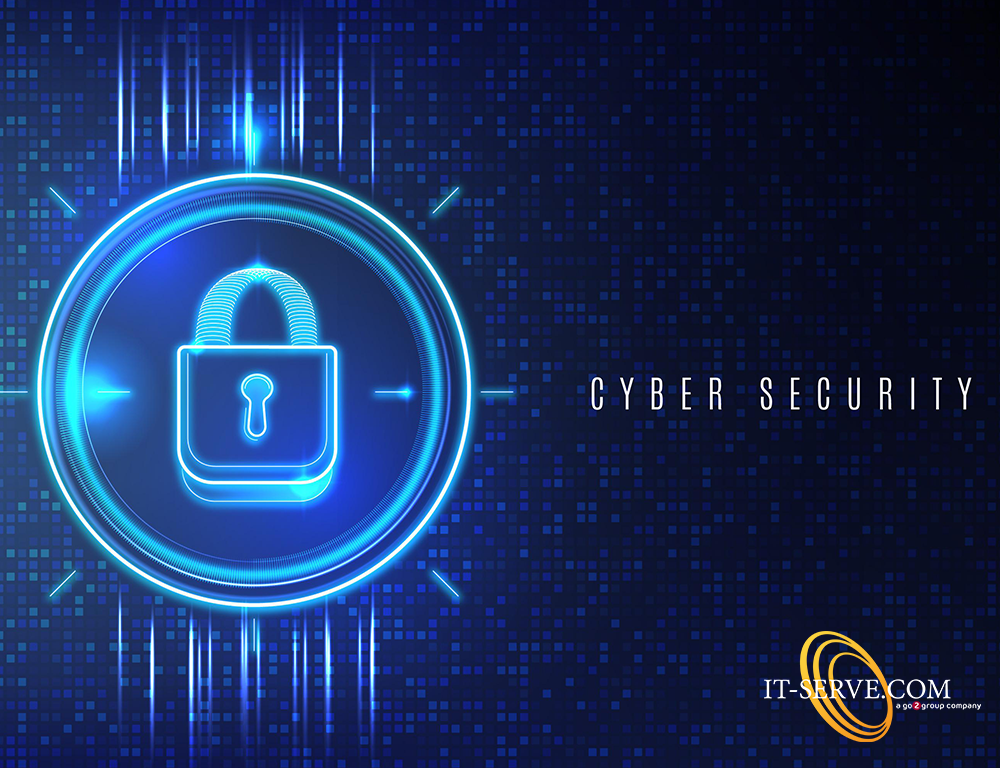
In the realm of cybersecurity, where data is king, protecting sensitive information is paramount. As we navigate the intricacies of digital security, IT-Serve is committed to unravelling the mysteries of encryption—a powerful tool that forms the bedrock of secure communication and data protection. Join us as we explore the world of encryption and understand how it can be your ally in fortifying your organization's data.
Understanding Encryption:
At its core, encryption is the process of converting readable data into an unreadable format using a mathematical algorithm and a secret key. This ensures that even if unauthorized entities intercept the data, they cannot make sense of it without the corresponding key to decrypt it. Think of it as a sophisticated code that only those with the correct key can crack.
Key Components of Encryption:
Algorithm: The mathematical formula used to encrypt and decrypt data. Strong algorithms are fundamental to the effectiveness of encryption.
Key: The secret code that locks and unlocks the encrypted data. The strength of encryption often hinges on the length and complexity of the key.
Data-at-Rest Encryption: Protects data stored on devices or servers, ensuring that even if physical access is gained, the information remains secure.
Data-in-Transit Encryption: Safeguards data as it travels across networks, preventing interception by malicious actors during transmission.
Demystifying the Jargon:
Encryption often comes with a myriad of technical jargon, but breaking it down simplifies the concept. Let's demystify some common terms:
AES (Advanced Encryption Standard): Widely regarded as a robust encryption algorithm, AES is employed globally to secure sensitive data.
SSL/TLS (Secure Sockets Layer/Transport Layer Security): These protocols encrypt data during transmission, commonly seen in secure website connections (HTTPS).
Public Key Infrastructure (PKI): A framework that manages digital keys and certificates, facilitating secure communication and data integrity.
End-to-End Encryption: Ensures that data is encrypted from the sender's device, transmitted securely, and decrypted only by the recipient, minimizing the risk of interception.

The Role of Encryption in Cybersecurity:
1. Protecting Confidential Information:
Encryption serves as a shield for sensitive data, including financial transactions, personal details, and intellectual property. In the event of a security breach, encrypted data remains inaccessible without the proper decryption key.
2. Compliance and Legal Requirements:
Many industries have regulatory requirements mandating the use of encryption to safeguard customer information. Adhering to these standards not only ensures legal compliance but also builds trust with clients.
3. Safeguarding Communication Channels:
Email, a staple in business communication, can be a vulnerable point for data interception. Encryption of email communications ensures that the content remains private and secure.
4. Remote Work Security:
With the rise of remote work, encrypting data on devices and securing communication channels becomes crucial. Encryption adds an extra layer of protection to data accessed outside the traditional office environment.
Implementing Encryption Best Practices:
Selecting Strong Algorithms: Choose encryption algorithms recognized for their strength and resistance to emerging threats.
Key Management: Implement robust key management practices, including regular updates and secure storage of encryption keys.
Regular Audits: Conduct regular security audits to identify vulnerabilities and ensure that encryption protocols are up to date.
Employee Training:
Educate your workforce on the importance of encryption, emphasizing their role in maintaining a secure digital environment.
Encryption stands as a formidable ally in the world of cybersecurity, empowering businesses to safeguard their most valuable asset—data. As we demystify the complexities surrounding encryption, IT-Serve remains dedicated to equipping businesses in Dubai and the greater GCC with the knowledge and tools necessary to navigate the digital landscape securely. Stay tuned for more insights on fortifying your digital defenses. Cracking the code has never been more crucial. Stay secure, stay informed!



















